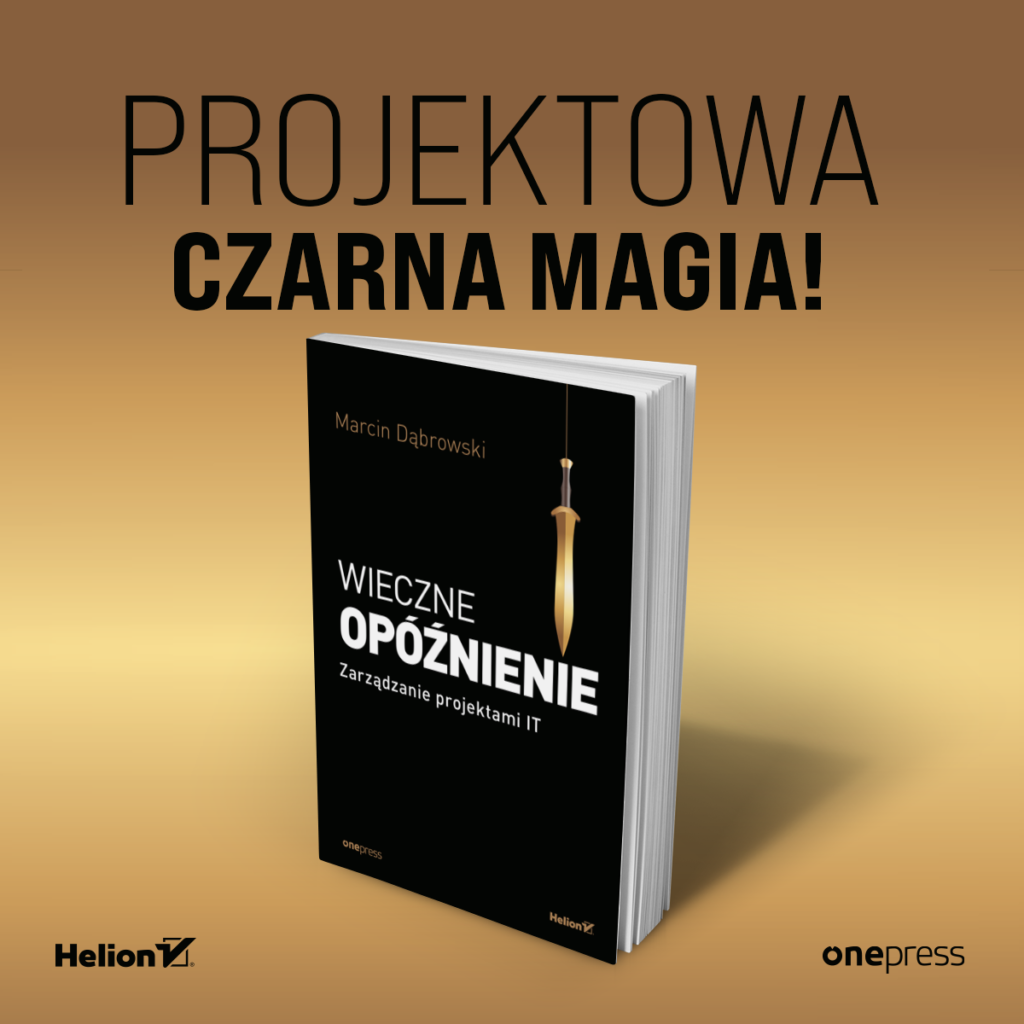Theranos teaches how to fool investors
Elizabeth Holmes’ case is back on the wallpaper again due to the legal proceedings against her. The case is stirring up a lot of excitement, and it’s the excitement that got Theranos to lie to the scientific world.
As a reminder, a federal trial began in early September in the case against Elizabeth Holmes, who was the founder and chief principal of Theranos. The company was supposed to be a stepping stone in blood research, and according to Business Insider, at its peak it was valued at $9 billion. Since its inception, the company has managed to raise $724 million from investors, based on the alleged development of technology to diagnose all sorts of diseases on the basis of blood sample analysis.
As tests showed, Theranos’ technology only worked 12 percent of the time, for which Elizabeth Holmes, among others, is facing sentencing.
How Theranos managed to fool investors and the rest?
The answer to this question is: very simply, that is, with the help of good old-fashioned manipulation. Elizabeth managed to hide the results of her research, and argued in media coverage that her black box solution is even already being used by the military. In American culture, the military is one of the most important pieces of the social puzzle, as it was the deciding factor in establishing the United States of America as a global hegemon. Such declarations have proven to be an effective lure for investor money, including the DevOS family, which has enormous political connections and influence. Elizabeth spread an aura of bravado and breakthrough while at the same time being pressed for time and excluded from participation in the revolution.
Psychology isn’t everything, it’s time to fake it!
As the BBC reports, Lisa Peterson, who serves as a representative of the DeVos family’s investment office, told a San Jose court last week that she was asked seven years ago to investigate a potential investment in Theranos. Her testimony shows that she received very detailed information, including that her tests were used by the U.S. military and large pharmaceutical companies. Ms. Peterson also claims that she got results proving that Holmes devices are capable of running 300 blood tests before they need to be replaced, and that the company only used its own lab machines for testing.
Investor relations – not just DeVos!
BBC also points out that Elizabeth may have falsified “independent due diligence reports” of pharmaceutical companies Pfizer and Schering-Plough, which supported the viability of her technology. Another investor was Mr. Wade Miquelon, which is the former CFO of the Walgreens pharmacy chain that decided to sell blood collection devices. He testified that Walgreens was impressed by this research, and as a result, partnered with Theranos and invested $140 million in it. Another case was Safeway, which claims that even a 100-hour research failed to expose any inaccuracies within the fraudulent company, so there was no impediment to a partnership agreement in 2010. Even Theranos employees are washing their hands of it. Former lab director Sunil Dhawan testified that he had only been in the company’s labs a few times and rarely interacted with its technicians.
Why no one has discovered the truth?
That no one has discovered the truth about Theranos is obviously a lie. Many people suspected a scam, and the determined ones tested the capabilities of the Edison box in independent labs, which allowed the scam to be debunked. The question should be why was it so late and why did it have to be handled by private individuals instead of serious institutions such as FDA responsible for approval and authorization of drugs for production.
Gaps in regulatory law?
As reported by the government’s FDA website, its best-known job is to evaluate new drugs before they are sold. It prevents quackery by providing doctors and patients with the information they need to use medicines. By its actions, the Center ensures that drugs, both branded and generic, are working properly and that their health benefits outweigh their known risks. To understand why the FDA did not react in this case let’s move to theconversation portal.com.
In the article written by Ms. Ana Santos Rutschman, we can find two important pieces of information – Holmes miscategorized her products, which allowed her to ship them without proper oversight and secondly and perhaps most importantly – lab tests fall into a regulatory category of testing that the FDA by design does not control.
This state of affairs preserves the confidentiality of research, which can consequently lead to unequal competition, fraud and embezzlement, although it can also result in development and innovative discoveries without restrictive regulation. Elizabeth Holmes, however, chose the former path, for which she faces up to 20 years in prison.
Is this the end of the story?
Every end is a beginning, every stick has two ends, and every failure can be turned into a success! The Theranos and Holmes case has helped spark debate about the need for increased regulatory scrutiny of laboratory testing and adherence to medical product categorization. Ana Santos Rutchman wrote that the FDA itself has long acknowledged that the lack of premarket review of such tests can lead to a host of problematic results and endanger the health and lives of American patients. Let’s hope the case brings something good not only for the United States, but for the whole world!


